Early childhood pedagogical beliefs
by Nur Ismail


1. children are competent learners
1.1. Jack Shonkoff (2005)
2. children can learn given the right support and environment - influenced by backgrounds, lifestyles, cultures and prior knowledge
2.1. Malaguzzi (1994)
2.2. Bronfenbrenner (1979)
3. children learn through facilitation - teachers are facilitators of learning
3.1. teachers scaffold children's learning based on their understanding of
3.1.1. how children learn
3.1.2. children's interests and abilities
3.1.3. children's needs and backgrounds
3.2. teachers plan and provide for learning in a variety of contexts
3.3. teachers use a wide range of teaching strategies to engage children
3.4. teachers challenge children to create new understanding and relationships
4. children learn through authentic and quality interactions
4.1. quality interactions where children have sufficient time to talk, ask, express and explain
4.2. quality interactions where children and teachers engage in shared and sustained conversations
5. children learn holistically
5.1. learning is integrated
5.1.1. new learning and existing ideas
5.1.2. concepts, skills and topics are addressed in the different learning areas
5.1.3. learning experiences are built on children's interests and level of understanding
